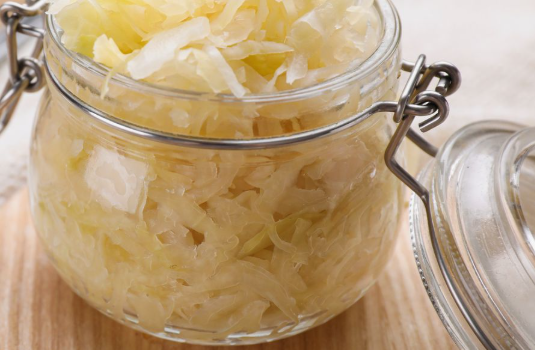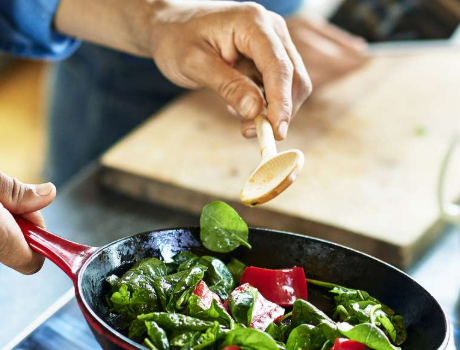
Mealtime struggles with toddlers or children are common when they begin eating the same foods as the rest of the family. If you’re dealing with a picky eater, don’t worry—it’s a phase that many parents go through. Here are some helpful tips to make the process smoother and more enjoyable for both you and your child.
1. Be mindful of portion sizes.
Children are good at regulating how much food they need, and they will usually tell you when they’re hungry or full. Overloading their plate, especially with new foods, can feel overwhelming for them. Instead, serve smaller portions alongside foods they already like. This approach reduces the pressure and gives your child the freedom to try something new without feeling forced to eat it all. If they’re not interested, don’t push it—respect their decision, and they may be more open to trying it later.
2. Introduce a variety of foods.
Offering a variety of foods with different textures, colors, and flavors can help expand your child’s tastes. They might not enjoy a particular food in one form, but could like it prepared differently. For instance, if your child rejects steamed broccoli, try mashing it or blending it into a pasta sauce.
3. Repeat foods often.
It’s completely normal for children to need several tries before they start to like a new food. Don’t be discouraged if they refuse it at first—repeated exposure, even as often as every few weeks, can help them get used to it. Eventually, they might warm up to it.
4. Stay positive.
It’s understandable to feel frustrated when dealing with a picky eater, but try not to let it show. Your child may associate mealtimes with negativity if they sense frustration. Keep the mood light and encouraging, and avoid showing disappointment when they don’t eat something.
5. Lead by example.
Children are more likely to try new foods if they see you and other family members eating them with enthusiasm. Show excitement about the meals you’re eating, and enjoy a variety of foods yourself. If possible, sit down together as a family and create a calm, distraction-free atmosphere, which will help your child feel more comfortable and engaged.
6. Avoid using food as a reward.
It can be tempting to reward a child for eating certain foods, especially vegetables, but this can backfire. Linking food with rewards can make kids view nutritious options as “bad” and unhealthy ones as “good.” Studies have shown that children who are bribed with food are more likely to develop a preference for sugary or fatty foods, which can lead to unhealthy eating habits in the future.
7. Stick to a routine.
Try to keep mealtimes consistent, offering three main meals a day with snacks as needed. This helps regulate your child’s appetite and ensures they’re hungry enough for a full meal. Avoid giving too many snacks throughout the day, as this can spoil their appetite for the main meals. When possible, make mealtimes a calm and familiar routine, helping your child feel comfortable and relaxed.
8. Sneak in some vegetables.
If your child refuses certain foods, consider incorporating them into meals in ways they won’t notice. For example, blend vegetables into a smoothie with fruits they like, such as berries or bananas, or mix them into a pasta sauce. You can also make carrot chips crispy like regular potato chips, making them more appealing without your child realizing they’re eating vegetables.
By following these tips, you can help your child develop a more balanced and varied diet, making mealtimes less stressful and more enjoyable for everyone involved.
















